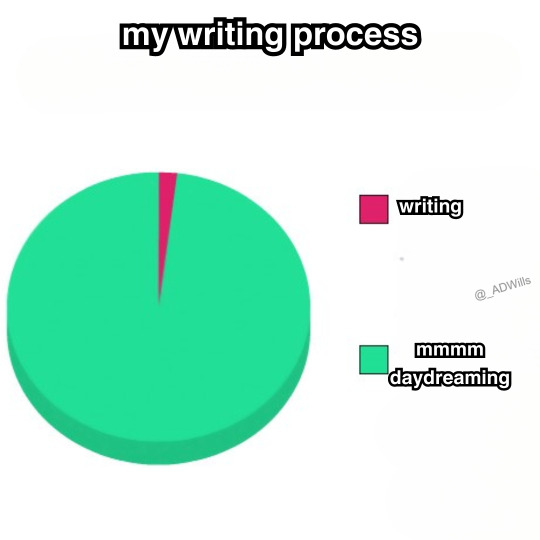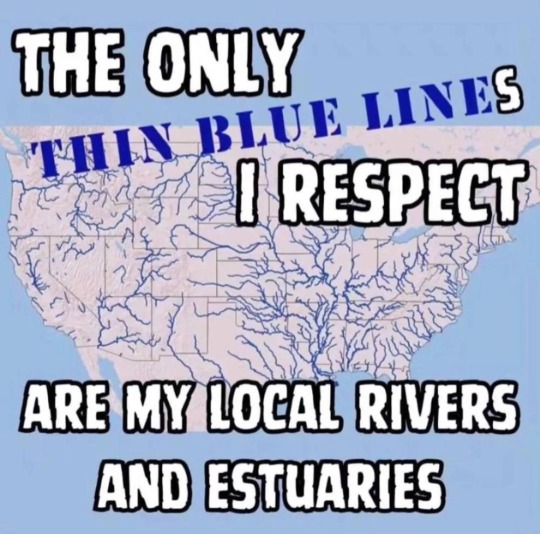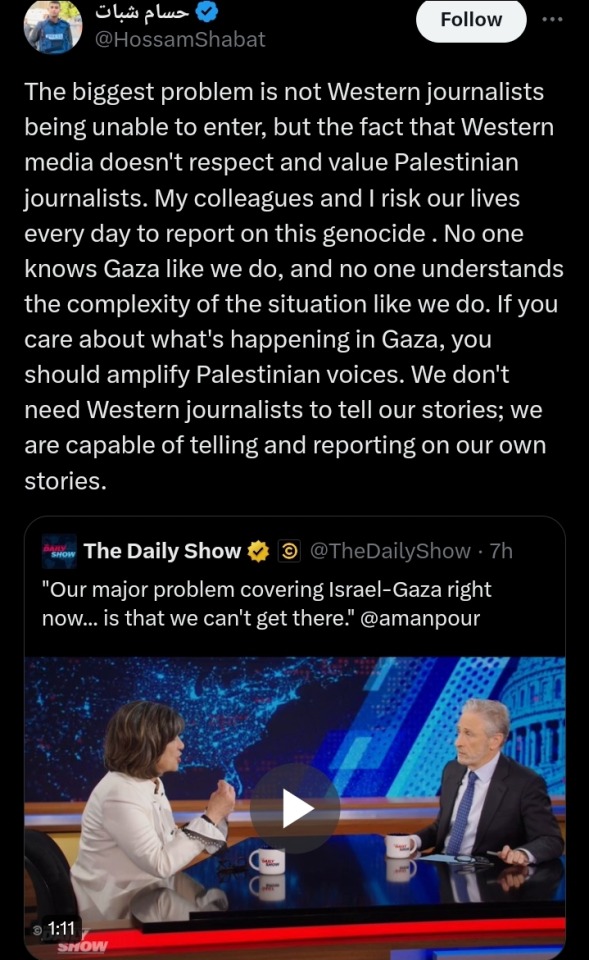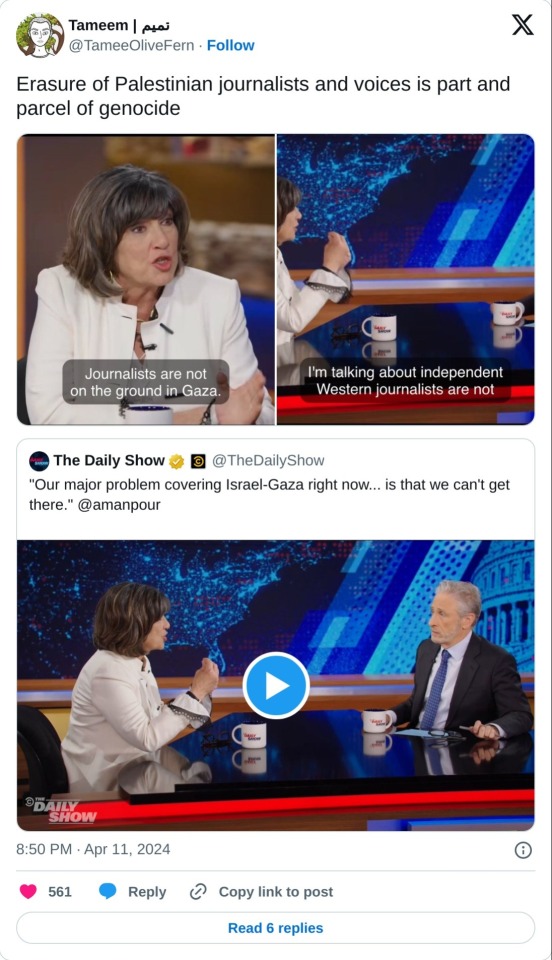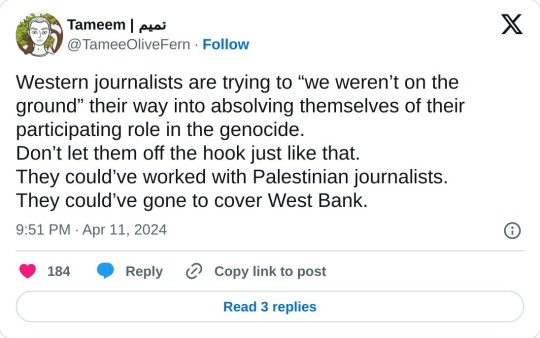(fre.) un reflet -- a reflection, to reflect, etc. \peut-être a glare, or glint into
Don't wanna be here? Send us removal request.
Text
artists and writers roasting each other with an Office meme

147K notes
·
View notes
Text
Tumblr as a Discourse Community
The spaces we actively create belonging and solidarity with one another on common interests might be referred to as discourse communities. These communities have their own unique language practices and genres to communicate with one another within the group. Tumblr is a perfect example of not only individual factions of specific discourse communities happening simultaneously on this one social media platform, but also a discourse community in itself. As users join, they search topics they’re interested in, see other users having dedicated blogs to those interests, and begin to follow and interact with those blogs. These beginning Tumblr users join the analytical conversations, art creation, eternizing of these topics, varying anywhere from daily Lichen posts, to Russian classics, to everyday meme and relatability culture. The multimodal nature of the platform provides written texts, pictures, audio materials, videos, links, quotes, etc. There’s no limit on word count, so it promotes the capability for essays, journal entries, short stories, poems, and other works.
As a microBlogging service, Tumblr combines the benefits of having a high-quality content Blog and online social networking services. A wide variety of possible actions to engage in Tumblr’s discourse community apart from simply scrolling— the platform offers multiple choices of posts and photosets to interact with, the ability to track a specific hashtag, direct messaging between users, the possibility of fan mail and anonymous questions/messages, and the main motive of reblogging. Reblogging allows others’ posts to appear on a user’s own Tumblr, where they can add their own comments and tags. Users engage with one another, learn from each other’s posts, show appreciation for their creative works, and gain new perspectives to improve their own works. Tumblr creates a discourse community by allowing users access to worldwide connection & interaction, where their posts can be seen, loved, commented, and shared by other users.
Additional source:
Terras, Melissa, and Rose Attu. What People Study When They Study Tumblr: Classifying Tumblr-Related Academic Research, 2017.
Chang, Yi, et al. “What is Tumblr.” ACM SIGKDD Explorations Newsletter, vol. 16, no. 1, 25 Sept. 2014, pp. 21–29.
0 notes
Text
Found this handsome fella this morning!
Hyalophora cecropia
8K notes
·
View notes
Text




Faraway views (right lens of my binoculars)
51K notes
·
View notes
Text
the science discourse communities on Tumblr are unmatched

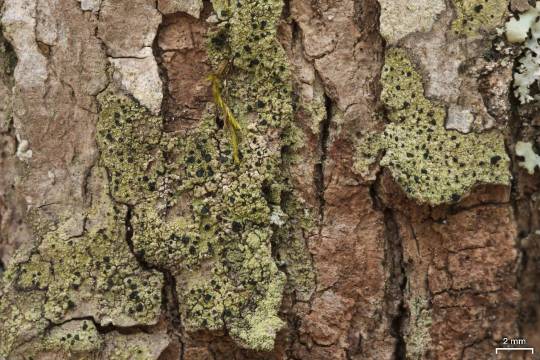

Buellia vernicoma
Once upon a time, some lichen samples from North America were sent to a lichenologist in Europe. There was one small rock that had 2 different crustose lichen species on it, and the American lichenologist (Tuckerman) labeled the sample with name of the smaller of the two (B. vernicoma) with a penciled in arrow pointing to it. But the European scientist (Nylander) didn't notice the arrow, and thought that the American scientist was referring to the larger lichen present on the rock of B. vernicoma. Nylander recognized this species as Lecidea myriocarpella, and came to the conclusion that what the American lichenologists were calling B. vernicoma and what European scientists where calling L. myriocarpella must be the same thing. He synonymized the names, and from then on it was thought that B. vernicoma was present in Europe. It wasn't until 1999 that Anders Nordin, a Swedish lichenologist, realized that the reason that B. vernicoma had never been collected in Europe was because it truly wasn't there, and managed to track down the source of the error. For centuries we thought B. vernicoma was in Europe when it never was, all because of a small communication error. And what of the European L. myriocarpella? Well when folks believed it was the same as a more common North American species, no one really bothered to keep track of it, and so very little is known about it to this day. So whenever you get annoyed having to clarify yourself in an email, remember how lucky we are to live in an age where miscommunication can be remedied in such a short amount of time.
images: source | source
info: source | source
63 notes
·
View notes
Text
integrating screenshots as another form of a post within a post
Rodion Raskolnikov:

284 notes
·
View notes
Text
example of a text post
I lied I don’t like sex. Put your clothes back on. Let’s discuss Dostoevsky.
5K notes
·
View notes
Text
example of a quote that users might reblog to have posted on their own blogs

[Except for your eyes, / no blade can control me, / no sharpened knife.]
Vladimir Mayakovsky, Lilichka
1K notes
·
View notes
Text
an example of meme culture within the community of those who engage with Russian classic literature

204 notes
·
View notes
Text
It turns out CBC News is aware they describe Israel’s violence against Palestinians with sanitized language—and they actually believe it’s justified. In a letter responding to a complaint filed by a reader, the public broadcaster acknowledged that they’ve used terms like “murderous,” “vicious,” “brutal,” “massacre,” and “slaughter” to refer only to Hamas’s attack on Israelis on Oct. 7. But when it comes to the Israeli army’s bombing of Palestinians, which has killed more than 22,600 people as of Friday, CBC says they prefer to use terms like “intensive,” “unrelenting,” and “punishing.” The more evocative and sympathy-generating terms don’t apply to Palestinian deaths, CBC argues, because Israel carries out its killings “remotely” instead of face-to-face.
Continue Reading
Tagging @politicsofcanada @allthegeopolitics
#this was part of mp2 but the post glitched on my page#so I had to delete & repost#mp2#bias in plain sight#not the U.S. tho#Canada#UPDATE:#it still glitched
281 notes
·
View notes
Text

Hardly a secret. People at the BBC are told never to use the words Palestine and Genocide and Ethnic Cleansing and other terms. That has been known for a while.
2K notes
·
View notes
Text

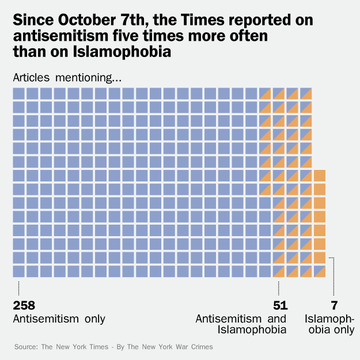
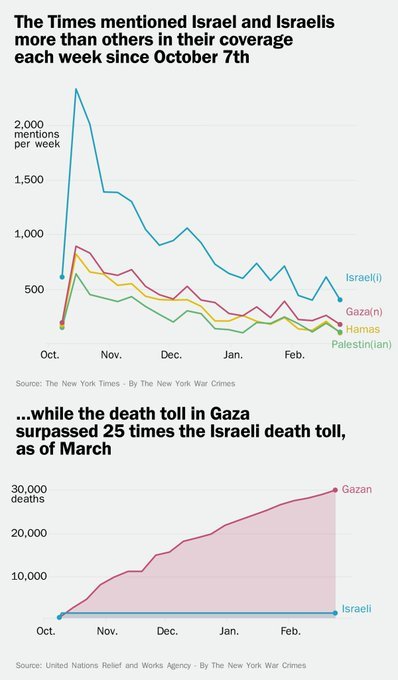
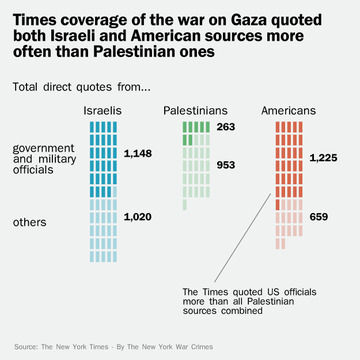

Unsubscribe from the New York Times
9K notes
·
View notes
Text




Everything Everywhere All At Once (2022) dir. Daniel Kwan, Daniel Scheinert
1K notes
·
View notes
Text

Brian Lin, "My Family’s Failures Took Center Stage in Everything Everywhere All At Once" [x]
6K notes
·
View notes
